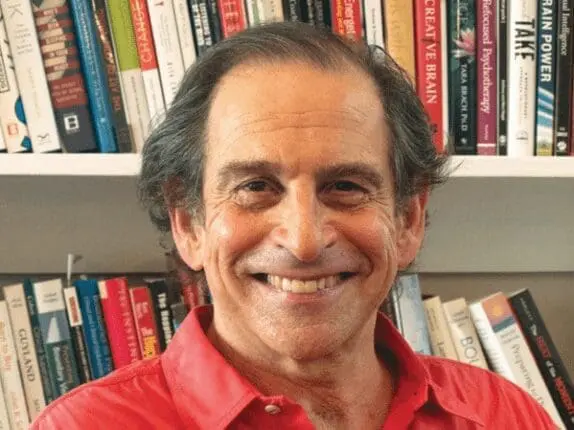Seventeen years ago, a storytelling phenomenon known as The Moth was born. It was the brainchild of a New York City poet who began by inviting ordinary people into his living room to tell five-minute true tales on a set subject—food, life in the fast lane, grudges, lying, the dark side, first love. Before long, these small gatherings of everyday raconteurs began to take place at numerous cafés across the city, and then in cities across the country. And now they occur in venues outside the United States, in places like London and Dublin and Sydney. The Moth’s performances became widely known as story slams. And The Moth, wherever it happens to flutter and land, has become known as a modern reaffirmation of the ancient power of storytelling as a communal experience.
Fast forward to August 2015, when my wife, daughter, and I found ourselves in Berkeley, California, on vacation. We wandered around Telegraph Avenue, the Funkiness Capital of the Universe, but somehow, I just wasn’t feeling it. We walked past the legendary Moe’s Bookshop and the parade of other groovy shops, from Amoeba Music to Best Choice Psychic Reader to Industrial Tattoo to the Krishna Copy Center. Still, I felt out of place, a disengaged outsider looking in. I just couldn’t feel the kind of far-out, surprise-me, creative energy I expected from Berkeley.
Fortunately, my daughter, Signe, knows me very well and how disoriented and out of sorts I can feel when I wander too far from the familiar routines that anchor me in life. She’d heard that The Moth had a strong Berkeley presence and had gotten tickets for that evening’s story slam at a café called Freight and Salvage. As soon as I walked in, I felt—and there’s no other way to say it—at home.
There were the requisite Millennials in the group, like my daughter, and a cache of Generation X- and Y-ers. But a sizable segment of the audience were Boomers like me. The guys tended to wear baggy jeans and yesterday’s T-shirts, and had balding heads, while the women tilted toward better-fitting jeans and an excess of handwrought silver jewelry. I recognized them. They were my kind of people.
The topic of the evening’s slam was betrayal. Storytellers could do whatever they wanted with it, as long as it was five minutes long and absolutely true. So one by one, people got up and told raw, intimate stories of the disloyalty, treachery, and heartbreak that had visited their lives. And almost as soon as they opened their mouths, I was with these brave storytellers, every moment. The whole audience was. Like the proverbial moth drawn to a flame, we were drawn into these stories until they singed us. We pulled for our taletellers. We cried for them. In this unremarkable café on a Berkeley side street, we’d entered the heart of the human experience.
So this year at the Networker Symposium, we decided to hold a special event in which we’d invite a group of veteran therapists to tell their true stories of their “most unforgettable session,” and those stories are the focus of this issue. Each will take you deep inside an experience with a client that turned that therapist inside out, jolting them out of their comfortable expectations into an interaction that allowed something extraordinary to take place, something that stood apart from the thousands of hours of sitting with other clients over the course of that person’s career. Prepare yourself for some unusually honest and probing explorations into both the pitfalls and rewards of practicing the therapist’s craft, including the occasional impossibility of distinguishing between the two.
Richard Simon
EDITOR
Rich Simon
Richard Simon, PhD, founded Psychotherapy Networker and served as the editor for more than 40 years. He received every major magazine industry honor, including the National Magazine Award. Rich passed away November 2020, and we honor his memory and contributions to the field every day.













